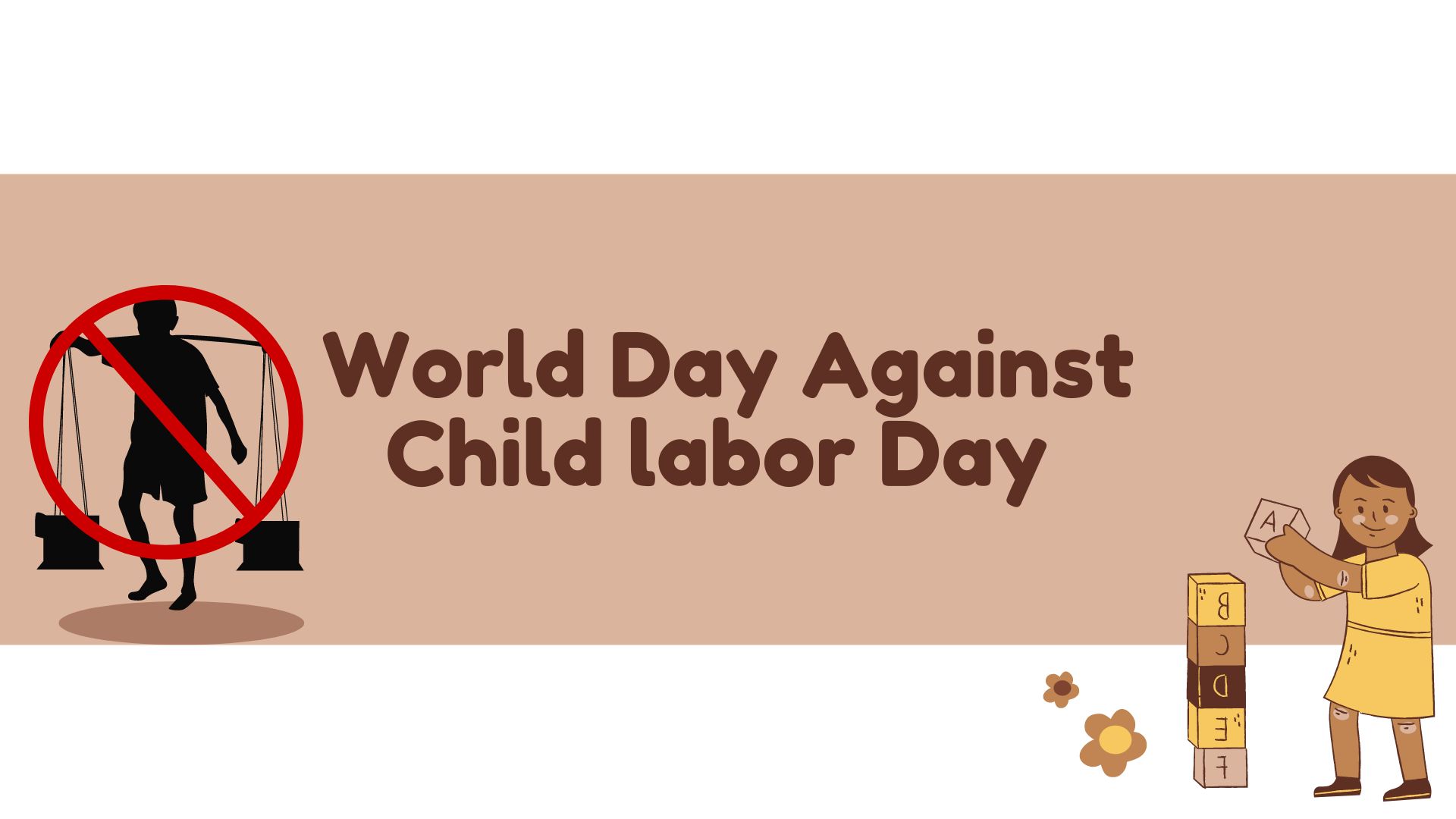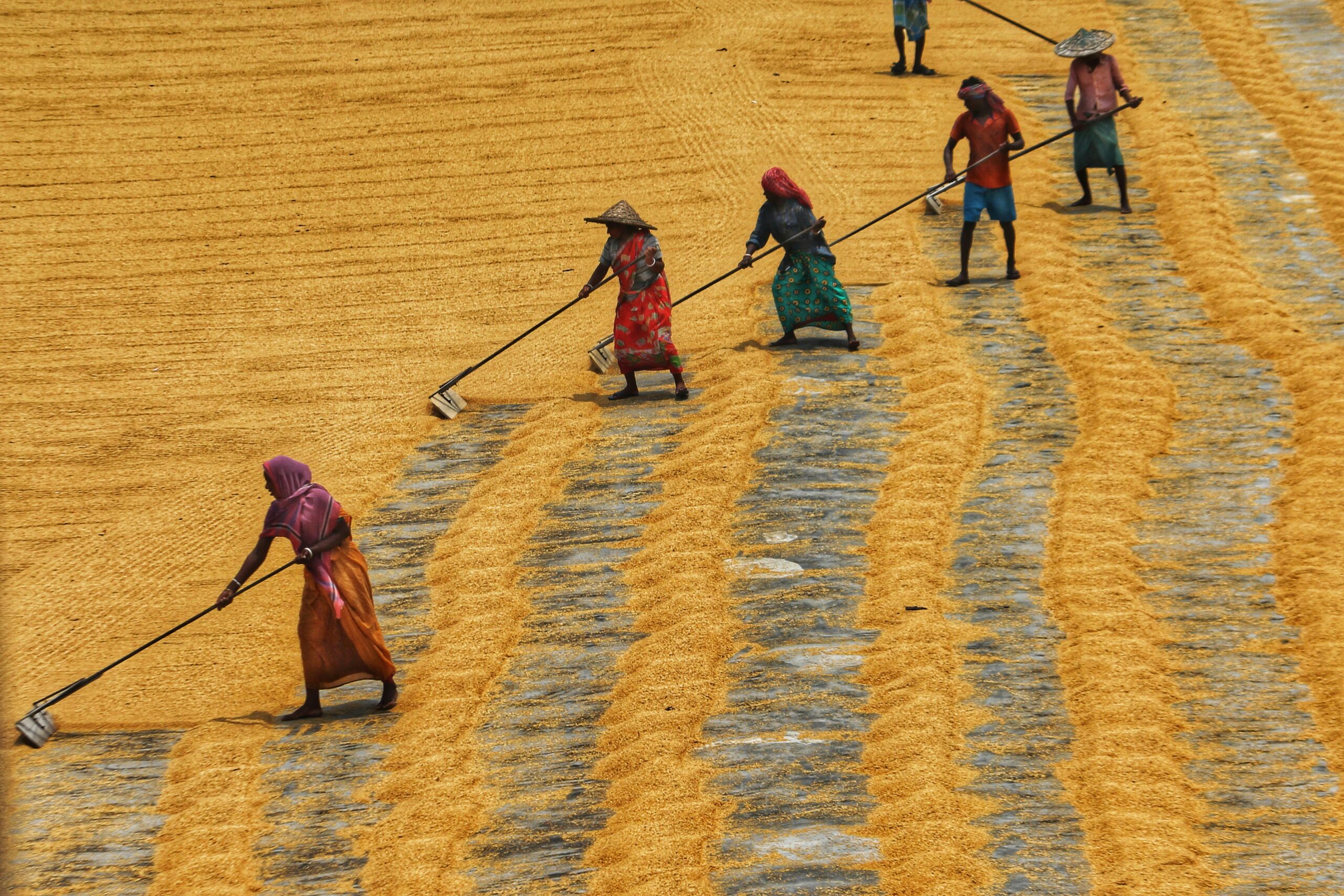The Indian middle-class consumers are spoiled for choice today and have convenience served at a snap of their fingers! Near instant deliveries at your doorstep, mouth-watering discounts on groceries, cab service at your doorstep, professional services at your home, multiple orders at no cost and what not. A few clicks on the phone and viola, you have what you need.
These ventures could be considered a blessing – integrating a lot of the gig workers, connecting producers and buyers directly thus reducing the purchase bills of consumers, offering more environmentally viable solutions such as aggregation of transport services. However, being in the sustainability field for the last few years of my professional life, a few aspects raise doubt. Let me share a few:
- 10-minute deliveries – One of the joys of shopping earlier was to take my time to browse through what was on offer and choose to my heart’s content. What changes if I order online? One may argue that there may be emergency requirements, in which case, a decent premium should justify the rushed delivery. Secondly, I wonder how 10-minute deliveries are made possible. I have not seen any special lanes created to facilitate the movement of these delivery champions. Are we inadvertently encouraging irresponsible traffic and putting lives at risk? Who bears the loss in case the delivery is not made in time? Experience tells me that it is usually the person who can least afford it. In case there are viable solutions in place, I as a consumer have no visibility of them.
- Packaging – temptation beckoned as one app promised fruits and vegetables at ridiculously low prices. I did have a niggling thought on the quality and what it is that the farmer was getting for this produce. I must admit that I gave in and ordered. The quality was fine, but I was disappointed with the sheer amount of plastic packaging that came with this delivery. That was the last time I ordered and have resolutely ignored any more enticing deals from this app.
- Fair compensation – I have had a number of conversations with several delivery people and cab drivers and consistently their satisfaction has been on the decline. Margins are squeezed and there is no sharing of rising costs. In fact, liquidity for these people is also severely impacted by unilateral decisions taken by the aggregators. More often than not, they incur cash expenses on a daily basis but get compensated by the companies once in 15 – 20 days. Again, as a consumer, I am not aware of the grievance mechanisms that are in place.
- Limitless free deliveries – As a sustainability professional, one thing that I have clearly learnt is that the consumer can exert a lot of influence on the sustainability behaviour of companies. At a time when greater consumer awareness and action is required, the messaging of limitless free deliveries and encouragement to order again and again, worries me. Is there not an environmental cost for every delivery? Has the company provided any transparency on the carbon footprint of their deliveries? There are companies today that advertise climate conscious delivery. Should we not make this the norm?
There are many more things that come to mind but the purpose of writing this is not to create conflict or confrontation. Rather, I think it is the time to insist that every venture/ company clearly highlights their sustainability practices. Traditionally, consumers may have been kings, but I think the future will only get better if we consider all stakeholders. The delivery people, the gig professionals, the drivers are key to making these models work in the long term and it is time we stop treating them as cogs in the wheel. We as consumers must understand the environmental impact of our decisions. Unless we do that, we will eventually end up paying a high price for the supposedly free convenience we have today.













































































































